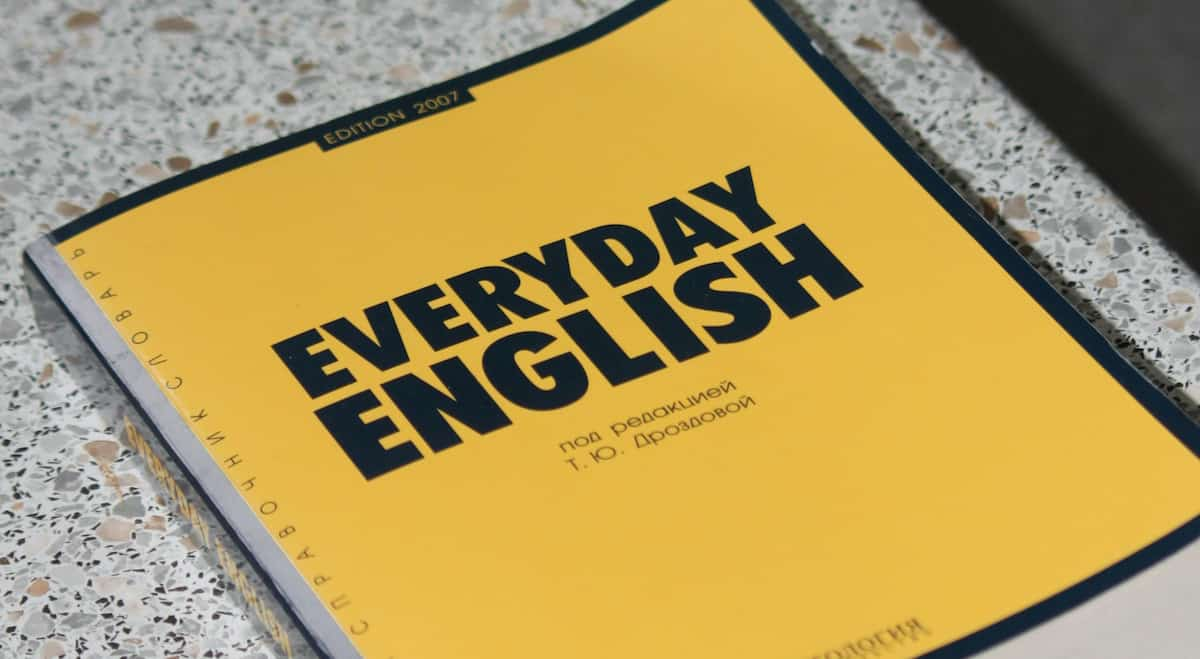An extra 20 minutes can really help you properly absorb new information.
Overlearning could be the key to locking in new information.
The conclusions comes from a study in which people continued to learn a task 20 minutes after they had already mastered it.
The extra 20 minutes were vital to locking in those performance gains.
Continuing to practice — even after you have stopped improving — protects the learning.
Professor Takeo Watanabe, one of the study’s authors, said:
“These results suggest that just a short period of overlearning drastically changes a post-training plastic and unstable [learning state] to a hyperstabilized state that is resilient against, and even disrupts, new learning.”
Usually, new learning can be disrupted by any subsequent learning, studies show.
For effective learning, the study’s authors recommend these three points:
- Overlearning cements training quickly. However, be aware that overlearning one subject can interfere with similar learning that follows.
- Don’t try to to learn anything afterwards. If you don’t overlearn something, it can interfere with what you have just learned.
- Two tasks can be learned without interference as long as there is a few hours between them.
In the research 183 people were presented with a series of images for learning.
Those that overlearned — they carried on learning after mastery — laid down stronger memories than those who did not overlearn.
Those who did not overlearn were likely to see memory interference from a subsequent task.
However, if there was a gap of a few hours in between bouts of learning, one task did not then degrade the performance on the other.
Professor Watanabe concluded:
“If you want to learn something very important, maybe overlearning is a good way.
If you do overlearning, you may be able to increase the chance that what you learn will not be gone.”
Related
The study was published in the journal Nature Neuroscience (Shibata et al., 2017).









